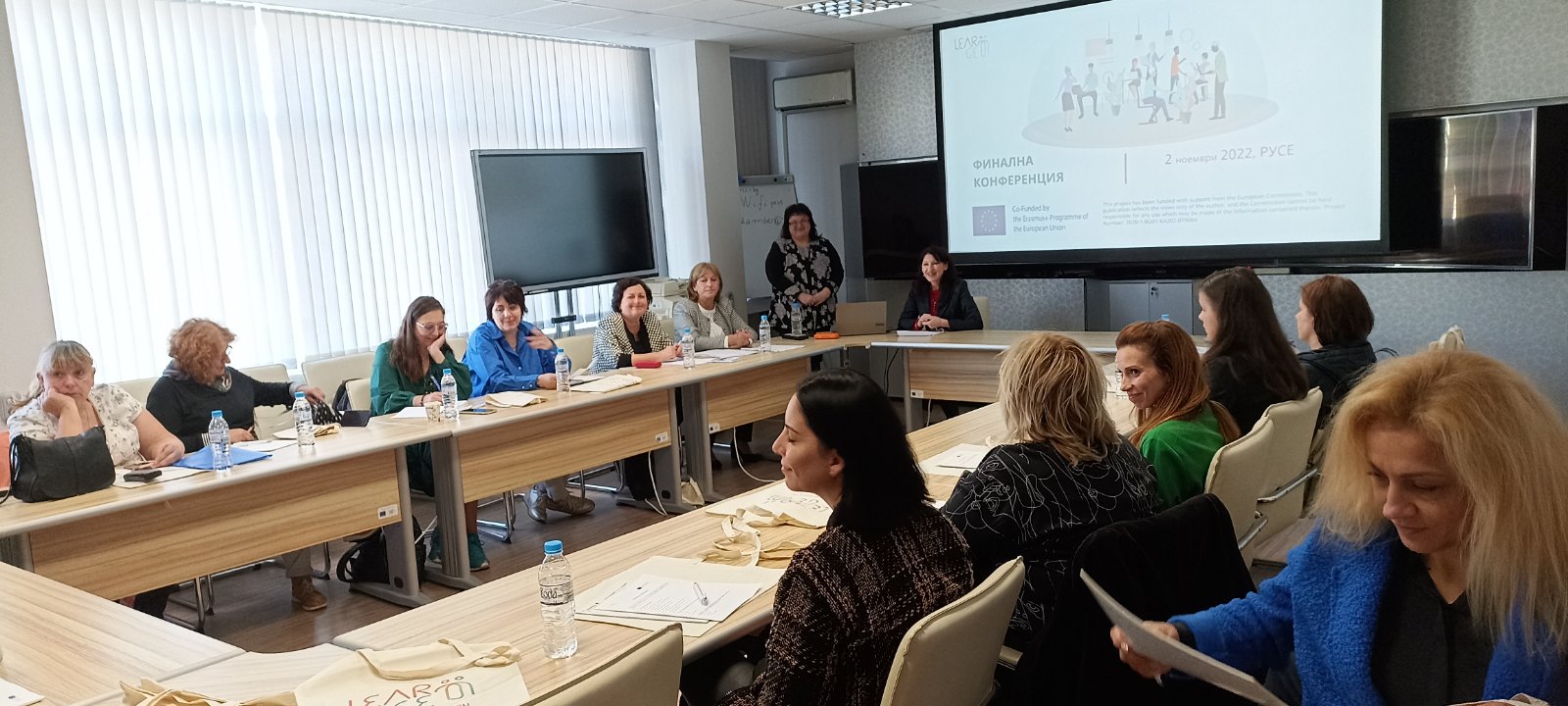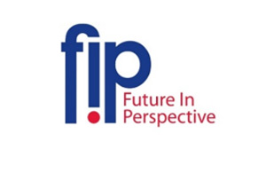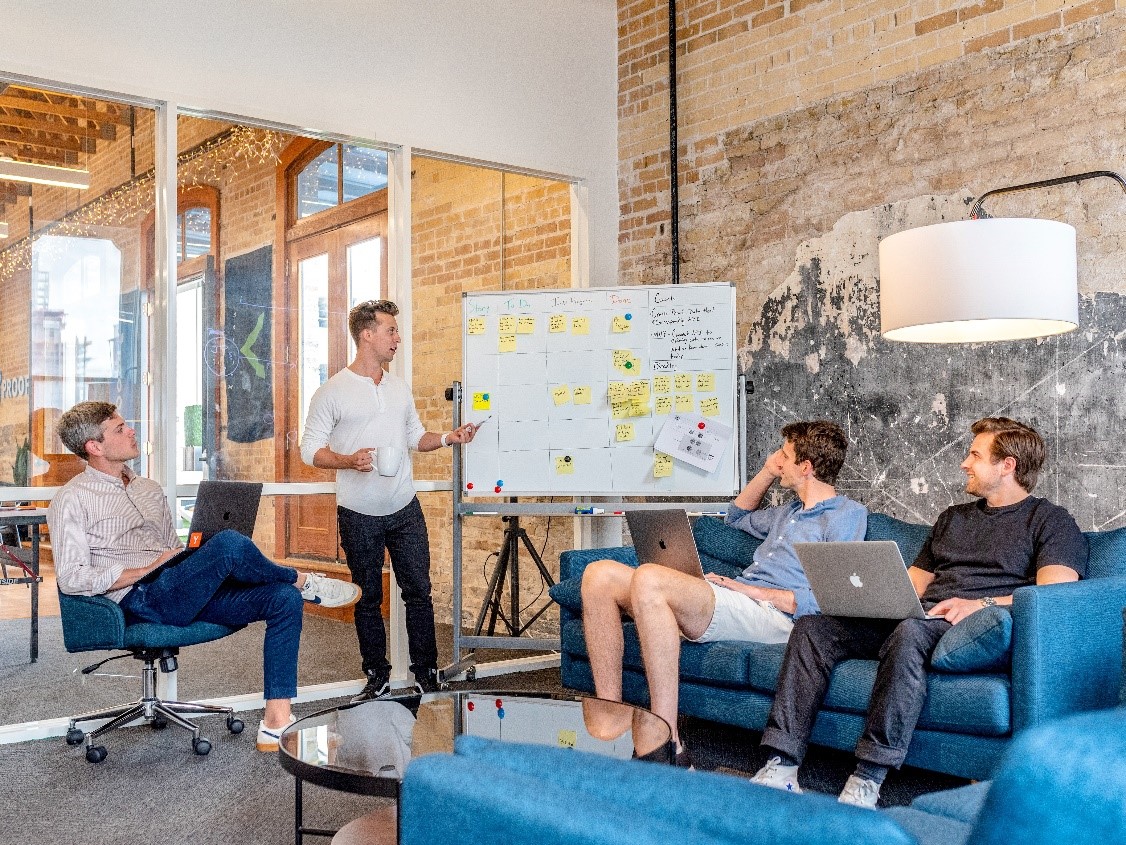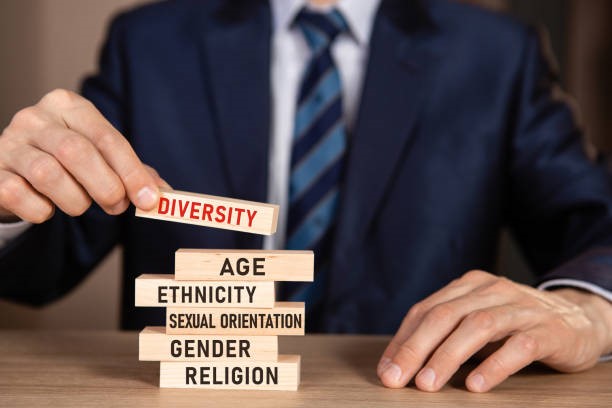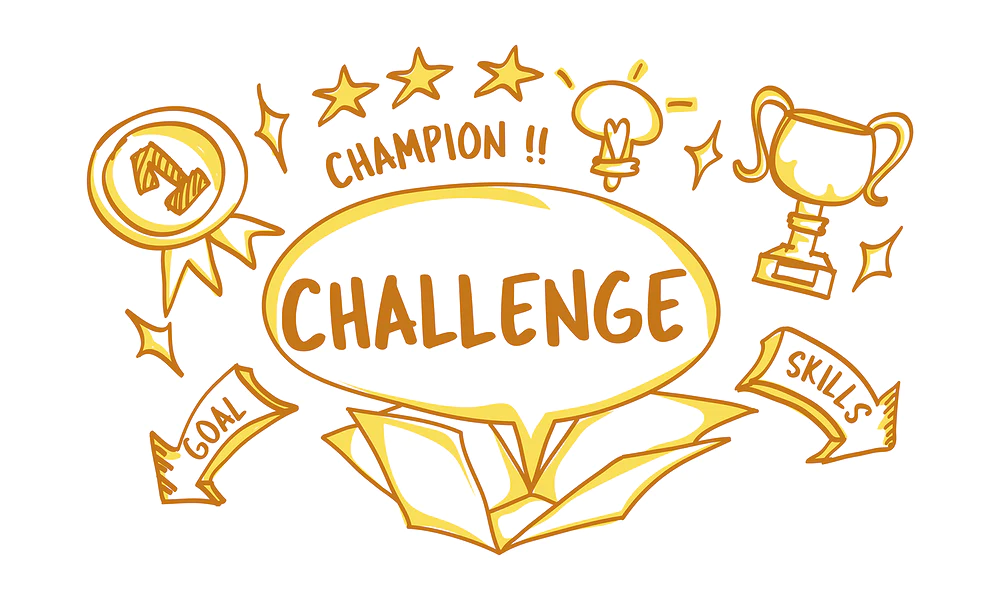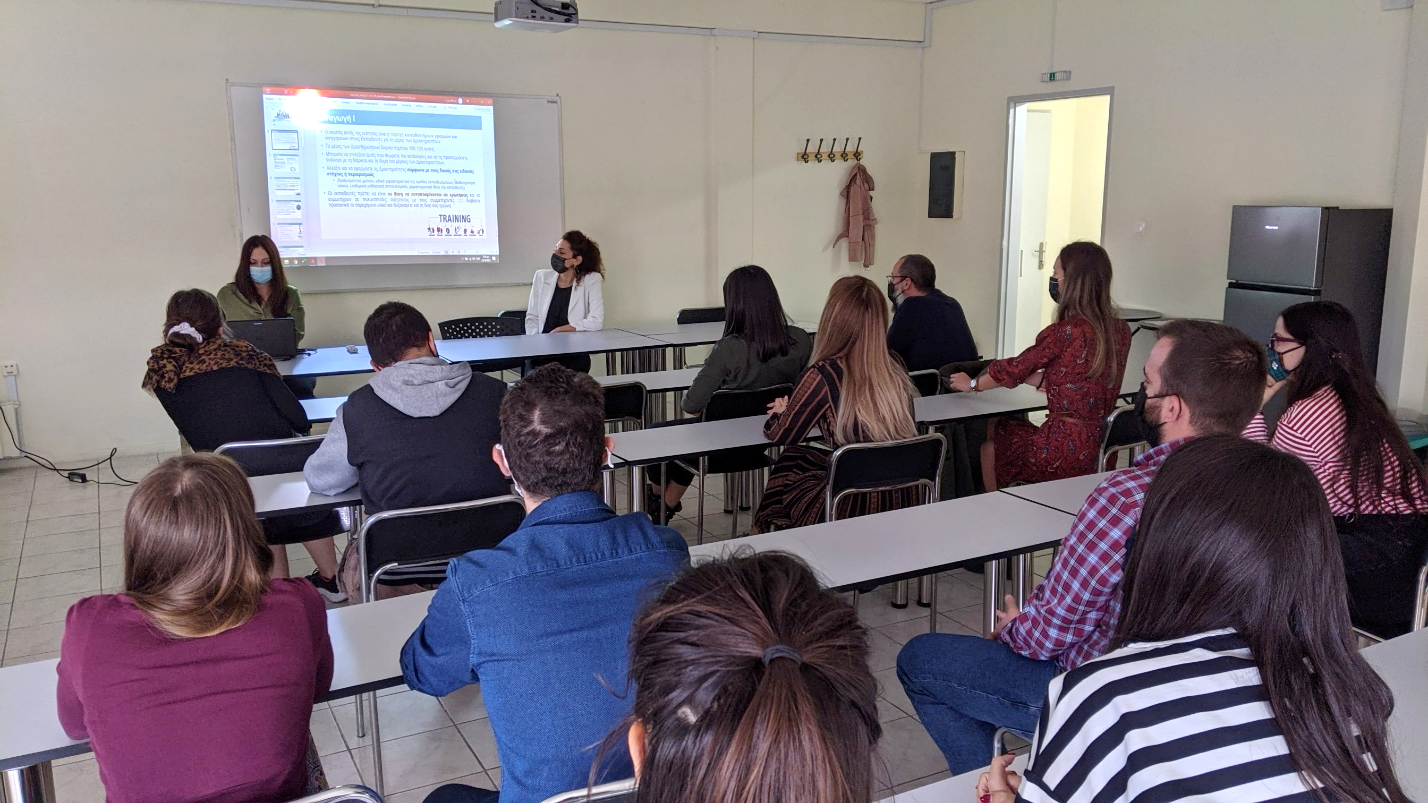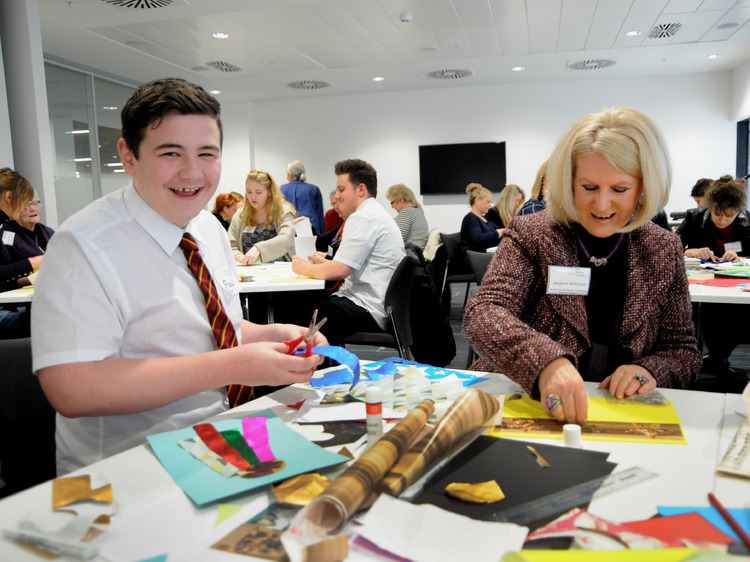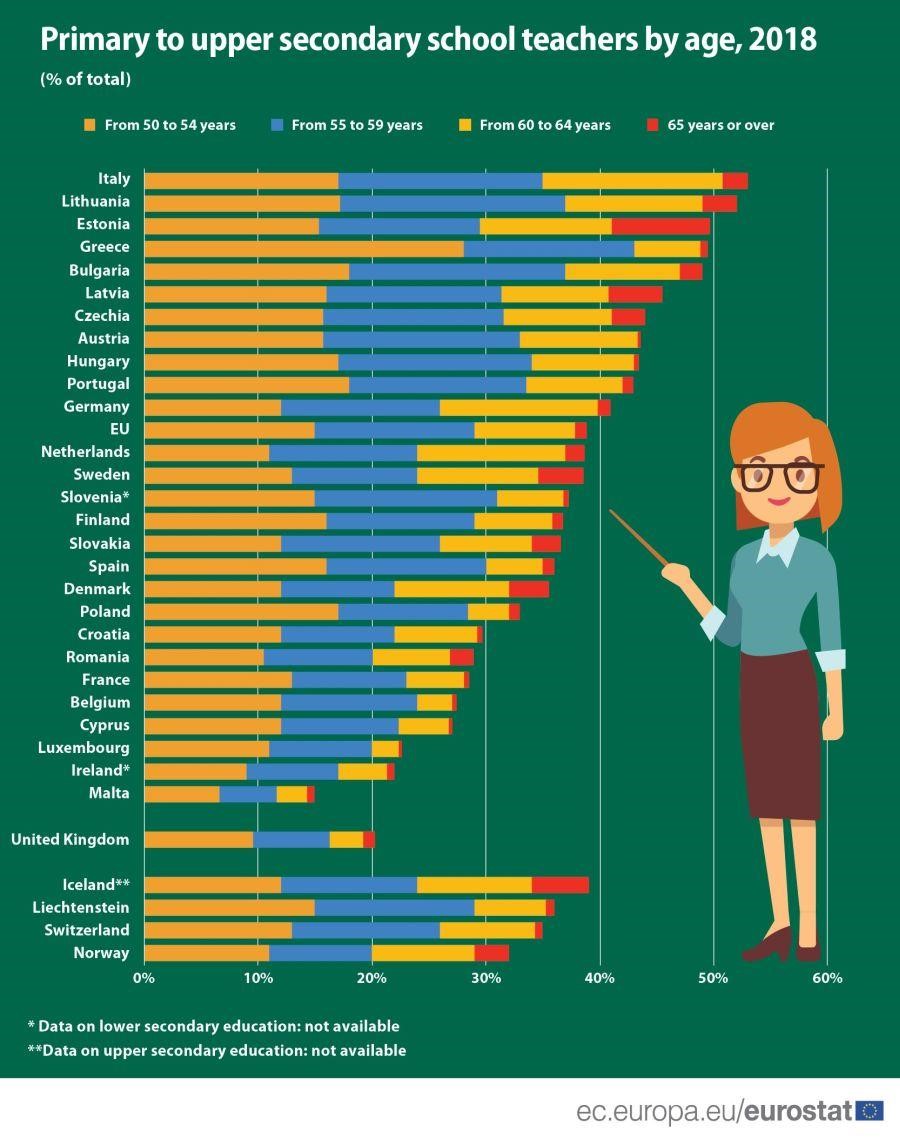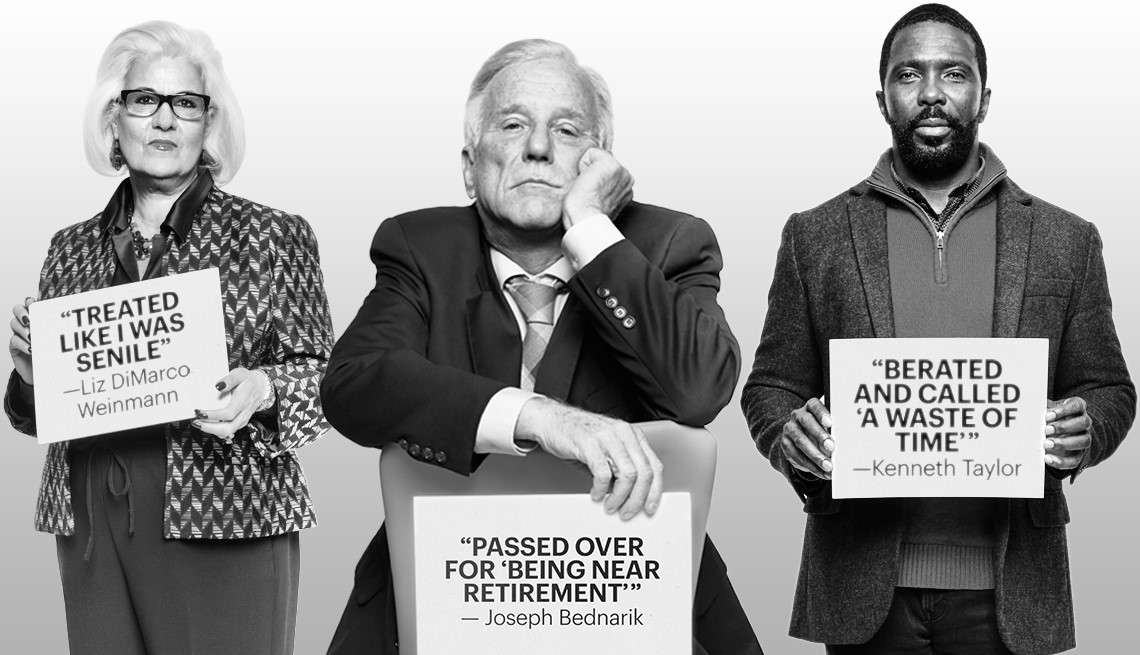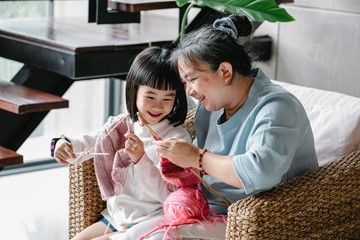
Reverse mentoring and intergenerational learning; how similar are they?
Written by adminLearnGen on . Posted in news.
Reverse mentoring and intergenerational learning; how similar are they?
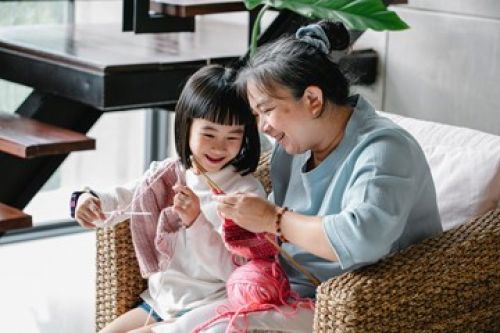
In recent years, reverse mentoring and intergenerational learning seem to have a great impact on the contemporary workplace. According to research conducted by the University of Szczecin, in Western Poland, the efficacy of reverse mentoring depends on the level of engagement in the mentor/mentee relation and the level of organisational support – engagement of the officers, supportive organisational culture and atmosphere conductive to cooperation. Reverse mentoring can provide corporate leaders with valuable generational and cultural perspective, and foster inclusivity by bridging the gap between populations diverse in age, ethnicity, culture and gender. This way, organisations have the opportunity to benefit from truly diverse teams at the workplace fostering understanding and exchange of experiences.
In recent years, reverse mentoring and intergenerational learning seem to have a great impact on the contemporary workplace. According to research conducted by the University of Szczecin, in Western Poland, the efficacy of reverse mentoring depends on the level of engagement in the mentor/mentee relation and the level of organisational support – engagement of the officers, supportive organisational culture and atmosphere conductive to cooperation. Reverse mentoring can provide corporate leaders with valuable generational and cultural perspective, and foster inclusivity by bridging the gap between populations diverse in age, ethnicity, culture and gender. This way, organisations have the opportunity to benefit from truly diverse teams at the workplace fostering understanding and exchange of experiences. tor/mentee relation and the level of organisational support – engagement of the officers, supportive organisational culture and atmosphere conductive to cooperation. Reverse mentoring can provide corporate leaders with valuable generational and cultural perspective, and foster inclusivity by bridging the gap between populations diverse in age, ethnicity, culture and gender. This way, organisations have the opportunity to benefit from truly diverse teams at the workplace fostering understanding and exchange of experiences.

In order for this process to be successful, a careful selection of mentors and mentees is important. Both parties need to be devoted to the mentoring process and also realize how important this process is for the organization but also for their personal and professional development. It is also important to follow certain criteria on the selection of pairs also based on the objectives of reverse mentoring. For instance, straight people with colleagues who are LGBTQ, or non-disabled colleagues with disabled colleagues. In these cases, mentors have unique experiences which can provide valuable insight and encourage other more senior leaders to take action to break down barriers and promote inclusivity. Reverse mentoring can be a great tool for bridging diverse groups.
Intergenerational learning is a process, through which individuals of all ages acquire skills and knowledge, but also attitudes and values, from daily experience, from all available resources and from all influences in their own ‘life worlds (EAGLE, 2008). As a process intergenerational learning is not only able to produce new learning opportunities for those involved but also to create social capital and cohesion by breaking down the barriers created by various stereotypes.
These two processes have a lot of similarities in terms of their purposes. Both of these processes seem to be efficient tools for sharing knowledge, creating engagement and most importantly building intergenerational relations based on mutual acceptance (https://www.emerald.com/insight/content/doi/10.1108/JOCM-10-2019-0326/full/html). To elaborate further, the development of intergenerational and reverse mentoring programmes creates significant learning opportunities and a transformation in attitudes between generations and backgrounds, along with fostering intergenerational and intercultural solidarity (Intergenerational Learning: A Valuable Learning Experience for Higher Education Students).
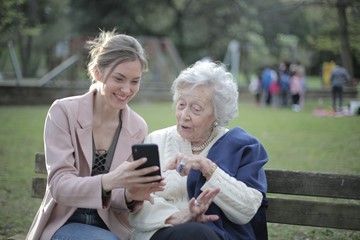
Although these processes have common goals, they also have some differences that distinguish them from one another. First of all, reverse mentoring is a more business-oriented process where intergenerational learning can be used in various situations. Moreover, reverse mentoring is not always implemented on activities involving employees from different age groups. It is simply a formal relationship between a senior leader and a less experienced employee, which does not require the two people belonging in different age groups (http://generationsworkingtogether.org). Lastly, intergenerational learning can have a more bidirectional process, since people from different age groups work together towards the same goal, while reverse mentoring can be considered as the opposite of traditional mentoring, which is a fruitful process for both the mentor and the mentee, but it also involves stricter rules and less collaboration.
Author: Eurotraining, Greece
August 2021
The European Commission’s support for the production of this website does not constitute an endorsement of the contents, which reflect the views only of the authors, and the Commission cannot be held responsible for any use which may be made of the information contained therein.
Project Number: 2020-1-BG01-KA202-079064
Privacy Policy

